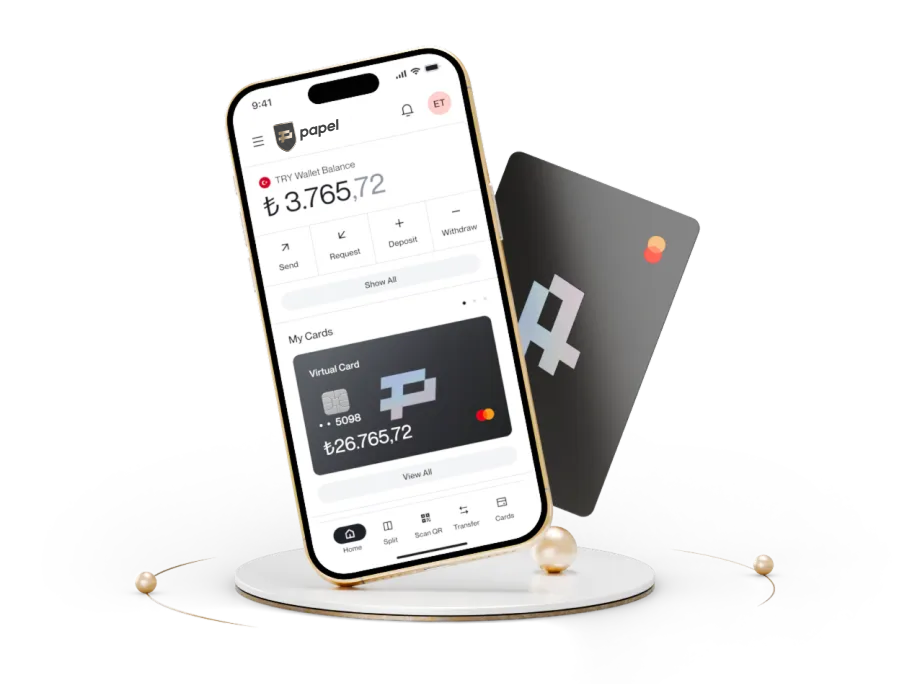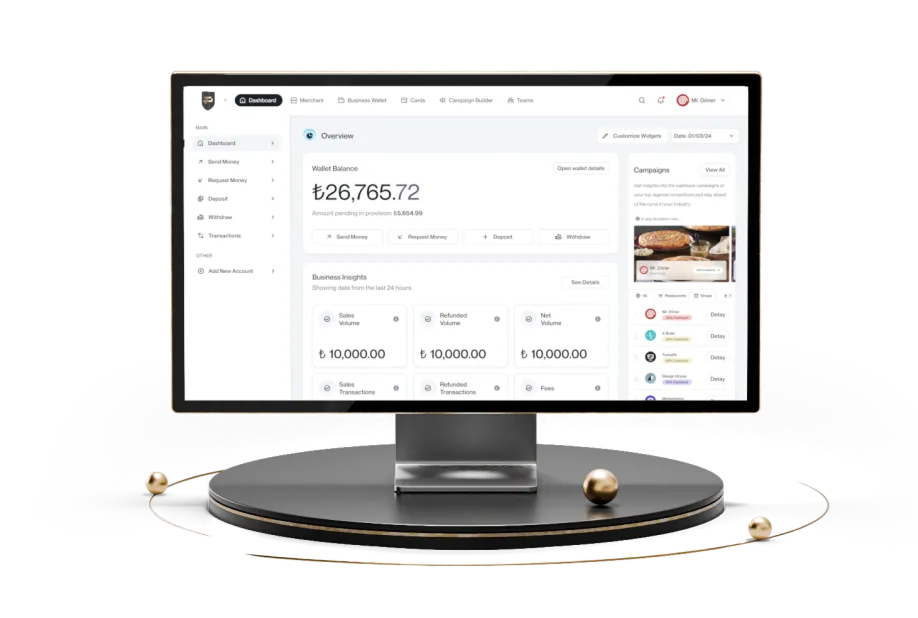Freelancing offers freedom and flexibility, making it an attractive career path for many. However, this freedom also comes with a unique set of responsibilities. One of the most important aspects is ensuring you get paid for your services—securely and on time. Choosing the correct payment methods, invoicing properly, managing collections, and handling international transactions are all essential to maintaining a professional image and sustainable income. In this guide, Papel Blog walks you through the financial side of freelancing with valuable tips and tools to help you build a solid foundation.
Payment methods in freelance work
To get paid for the services you offer as a freelancer, it’s important to choose the most suitable method for yourself and your clients. When deciding which payment method to use, evaluate the pros and cons of each option and consider factors such as transaction fees, speed, reliability, and client preferences. Choose the solution that best fits your needs.
Getting paid via bank transfer
Bank transfers are one of the most commonly used payment methods among freelancers. This method allows for direct transfers between bank accounts and is especially suitable for large amounts. Since transactions are traceable and secure, clients prefer local and international bank transfers. However, remember that international transfers can take several days to process. Additionally, you may encounter extra costs such as high transfer fees or currency conversion charges during cross-border payments.
Using online payment platforms
Online payment platforms can be innovative, especially when working with international clients. These platforms typically support multiple currencies and offer lower transaction fees, making them highly convenient. Since each platform has different fee structures and operates in other regions, research and compare your options before committing to one. Also, be mindful of currency exchange rates—select platforms that offer rates close to real market prices to avoid losing money on conversions.

The invoicing process and its importance
Documenting your income officially and fulfilling your legal obligations makes the invoicing process essential. To formalize the services you provide and monitor your income in an organized manner, you need to issue invoices for your freelance work. A professional invoicing process enhances your business credibility and helps you avoid legal issues and manage your finances more effectively.
Invoice generation tools
Various tools and software can help streamline the invoicing process, making it faster and easier. These tools simplify creating, sending, and tracking invoices, saving time and allowing you to handle your clients’ financial transactions more professionally and systematically.
Taxation and legal obligations
Freelancers are required to declare their income legally and fulfill tax obligations. In Turkey, self-employed individuals must issue invoices in compliance with the tax regulations. As a freelancer, here are some key points you should pay attention to:
• Tax liability: Freelancers must declare their income regularly and pay the necessary taxes. To do this, they must register as a taxpayer with their local tax office.
• Setting up a sole proprietorship: Most freelancers establish a sole proprietorship to issue legal invoices and comply with tax obligations. This helps formalize their business and organize tax processes.
• Freelance service receipt (SMM): The freelance service receipt (Serbest Meslek Makbuzu - SMM) allows freelancers to document their income without establishing a company, provided they understand its legal requirements and limitations.
• Tax incentives: Certain tax incentives are available for self-employed individuals in Turkey. We recommend researching the eligibility criteria and application processes to take advantage of these benefits.

Payment tracking and ollection management
Receiving payments regularly and securely helps you appear more professional as a freelancer and ensures your financial stability. Here are some methods and tools you can use to track and manage your payments effectively:
Online invoice and payment systems
Freelancers can use online invoicing and payment systems to track and collect payments easily. Various platforms are available for managing these processes—Papel is one of them, offering features that cater to the needs of freelancers and business owners alike.
Integration of e-collection systems
E-collection systems enable fast and secure client payments and help automate the collection process with options like QR code payments available 24/7. This reduces your workload and streamlines financial operations.
Professional invoicing and payment services
Some platforms allow freelancers to manage invoicing and payment processes without establishing a formal company. These services can support invoicing in different currencies, help you fulfill legal obligations, and offer multiple convenient payment options.
Payment reminders and use of contracts
Contracts can clearly outline payment terms, due dates, and procedures in case of delays, helping prevent potential disputes. Freelancers should create detailed contracts for every project to ensure timely payments and send regular payment reminders to their clients.
Strategies for handling late payments
To avoid dealing with late payments, consider implementing the following strategies:
• Requesting upfront payments: Asking for a portion of the fee before starting the project can enhance your financial security.
• Offering flexible payment plans: Offering various plans and methods can speed up the payment process, making it easier for clients to pay.
• Applying late fees: You can motivate clients to pay on time by stating that additional fees will apply if payments are delayed.
Receiving payments from international clients
Receiving payments from international clients is essential to working in the global freelance market. Ensuring secure payments is key to financial success. Exchange rates and transfer fees are significant factors that can impact your costs during this process.
To reduce these costs, consider receiving fewer but larger payments and opening accounts in different currencies to minimize the risks associated with exchange rate fluctuations. Additionally, using reliable and low-cost platforms like Papel—especially those offering competitive rates on currency exchange and transfers—can help you maximize your earnings.
If you want to send money abroad, Papel has your back. Visit
our page to learn everything you need about sending money internationally with a fixed fee of just $1 or €1.
The information provided in this blog post is for general informational purposes only and does not constitute legal, financial, or investment advice. The content is prepared solely for informational purposes, and seeking professional advice for your specific circumstances is recommended. The statements in this article do not create any binding obligations or liabilities and solely reflect the author's opinions. All decisions and responsibilities are yours, and Papel Elektronik Para ve Ödeme Hizmetleri A.Ş. assumes no liability.



